|
|
|
|
Nau mai haere mai, welcome to this week’s newsletter.
Politics watchers and those of us with friends and relatives in Australia – and that’s a lot of New Zealanders – will have at least half an eye on our big neighbour’s coming election on May 21. What happens in Canberra always has an impact here, directly or indirectly, so the outcome matters well beyond a couple of news cycles.
This year also holds the promise, at least according to current polling, of a change of government, meaning Anthony Albanese’s Labor Party might finally form a government after three successive losses. While Scott Morrison’s ruling coalition is something of a known quantity, it’s fair to ask, after so long in opposition, just what kind of Labor government Australia might get.
That’s the question Rob Mainwaring, Charlie Lees and Grant Duncan sought to answer by looking at the political rhetoric of the three major labour party leaders around the world – Albanese, Keir Starmer in the UK, and our own Jacinda Ardern. Their analysis reveals “a ‘thin’ labourism in relation to the parties’ social-democratic traditions” across all three, born of a desire not “to ‘frighten the horses’ of capitalism”.
That’s particularly relevant here as finance minister Grant Robertson prepares to deliver the Budget just two days before Australians go to the polls, and we’ll be starting our pre-Budget coverage next week.
Until then, take care and mā te wā.
|

|
Finlay Macdonald
New Zealand Senior Editor & NZ Editor: Politics, Business + Arts
|
|
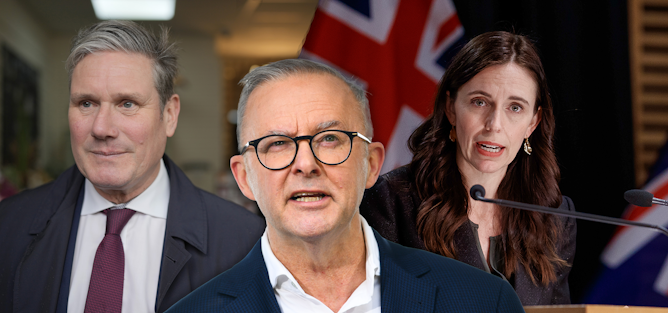
Rob Manwaring, Flinders University; Charlie Lees, Flinders University; Grant Duncan, Massey University
Anxious not to be easy targets for their pro-business opponents, labour parties everywhere now run on a ‘thin ideological platform’. Anthony Albanese’s ALP is no exception.
|
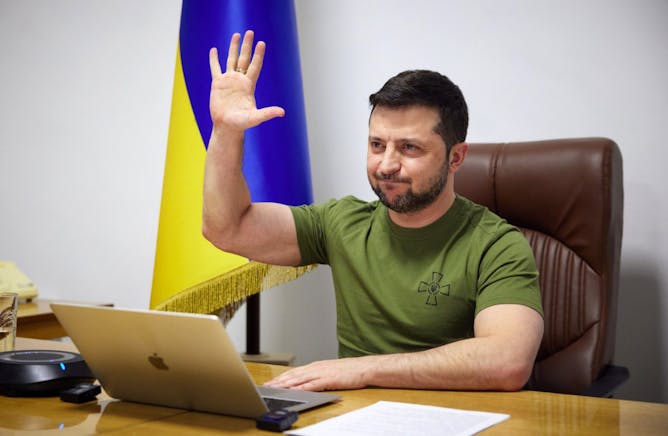
Suze Wilson, Massey University; Toby Newstead, University of Tasmania
Inspirational and brave, the Ukrainian president exhibits all seven ‘virtues’ of effective crisis leadership.
|

Hamish Wilson, University of Otago
Studies show if medical staff talk about potential side effects in negative terms, the patient’s experience can worsen. We need to consider this ‘nocebo’ effect when talking about COVID vaccinations.
|

Apisalome Movono, Massey University; Regina Scheyvens, Massey University
Despite losing jobs, many Fijians in tourism-dependent areas reported greater well-being during the pandemic. As tourists return, what are the lessons?
|
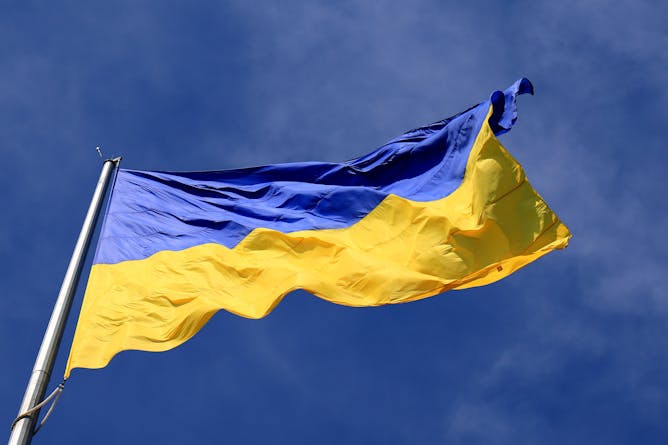
Mathew Doidge, University of Canterbury; Serena Kelly, University of Canterbury
For all its imperfection, the EU still represents the best chance for regional peace and stability – little wonder Ukraine wants to join.
|
From our foreign editions
|
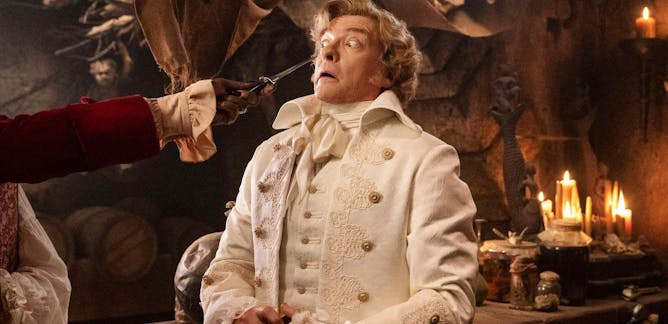
Terry Goldsworthy, Bond University; Gaelle Brotto
The life of the famous pirate Stede Bonnet has been turned into a ridiculous comedy in Our Flag Means Death – but who was the real gentleman pirate from history?
| |

Colin McCormick, Dalhousie University
Research highlights the importance of daily meditation, exercise and sleep for improving executive functioning, a component of attention that helps people focus.
|
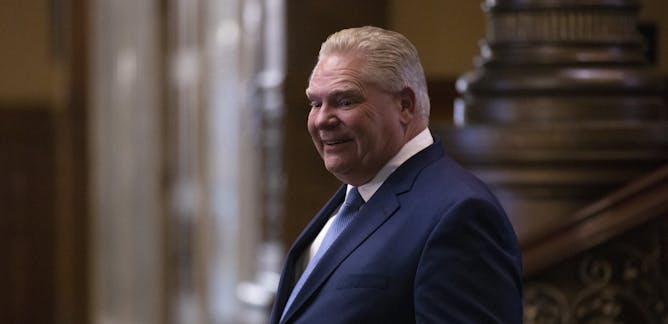
Robert Danisch, University of Waterloo
Ontario goes to the polls in a month, and Doug Ford will likely win again. Why? Because the Liberal and NDP leaders have failed to connect with the people of Ontario the way Ford has.
| |
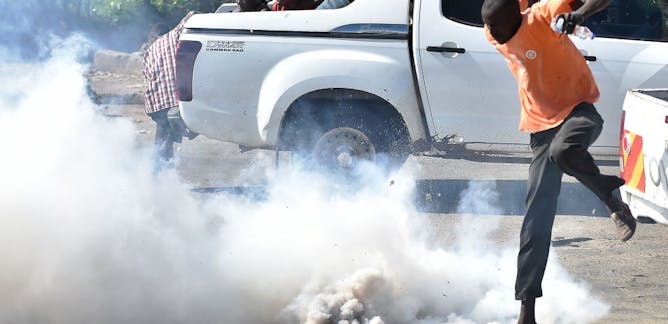
Emma Elfversson, Uppsala University
To predict - and prevent - election-related violence, it’s important to first understand the key drivers of conflict.
|

Lindsey Blumell, City, University of London
Labour’s deputy leader was forced to justify her own response to comments made about her.
| |

Pritam Das, University of Washington; Faisal Hossain, University of Washington; Hörður Bragi Helgason, University of Washington; Shahzaib Khan, University of Washington
When Indigenous peoples lose their river flow to dams, satellite programs like Landsat can help them fight for their resources.
|

Giselle Bastin, Flinders University
A new book telling the story of the last 25 years of the House of Windsor reveals a family that briefs against each other freely.
| |
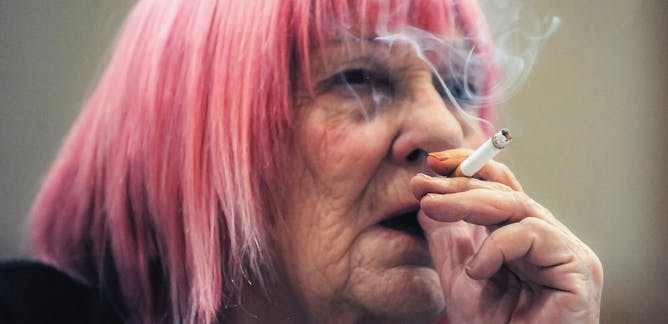
Robin Pickering-Iazzi, University of Wisconsin-Milwaukee
Letizia Battaglia’s images of Mafia bloodshed made it impossible for people to turn a blind eye to the criminal outfit’s reign of terror.
|
|
|
| |
| |
| |
| |
|
|
|
|
|
|
|